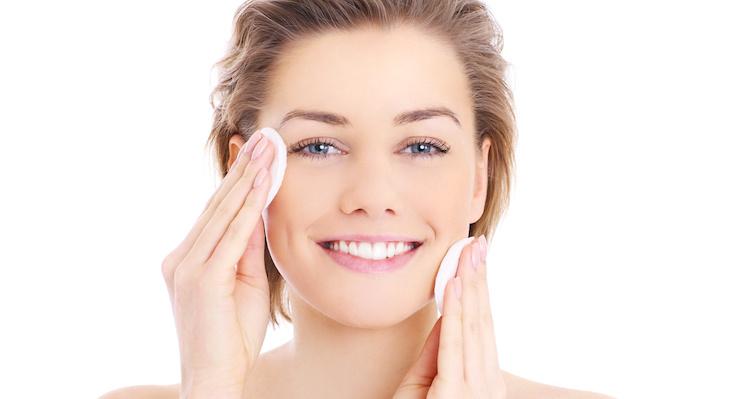
- Health advice
- Apr 30, 2015
Eczema is a term often used to describe different types of dermatitis. Overactivity of your immune system is involved, resulting in symptoms such as red, itchy and inflamed patches of flaky skin on your body.
Atopic and Contact dermatitis
Eczema and dermatitis (atopic or contact) are very common skin conditions, particularly in babies and young children, although many suffer into adulthood. While atopic and contact dermatitis have different origins, the symptom pictures are very similar:
- Atopic dermatitis is a heredity allergic condition, commonly with a history of asthma or hay fever. Atopic dermatitis may be triggered by food and airborne allergens or by stress. Atopic dermatitis usually occurs in the crooks of the elbows or knees, and sometimes on the face.
- Contact dermatitis is caused by an allergic reaction or irritation to the skin. Initially, only one, or a few substances cause the reaction, and sometimes hypersensitivity develops to many other substances. Contact dermatitis only affects the area of skin exposed to the allergen.
How your immune system reacts
Your immune system functions as a surveillance system, constantly monitoring, adjusting and protecting your state of internal and external health. When your immune system comes into contact with an allergen, it quickly produces large quantities of defence molecules including histamine and other inflammatory chemicals which produce your allergy symptoms. The integrity of your skin provides you with a protective barrier from the outside environment, helping to protect you from bacterial, viral and fungal infections, so maintaining healthy skin is important for your overall health.
Providing relief for eczema and dermatitis
Firstly, it’s important to try and identify the allergens that trigger eczema and dermatitis so that you can take evasive action. Secondly, it’s important to strengthen your immune defences and help to relieve the symptoms. There are a few important herbs and nutrients that can do this:
| Herbs & Nutrients | Action |
| Burdock | Traditionally used for the symptomatic relief of eczema, mild skin eruptions and for the management of minor skin disorders due to its blood cleansing and purifying action. |
| Echinacea | Traditionally used for the symptomatic relief of eczema and management of minor skin disorders. Echinacea also helps to modulate the immune system. |
| Calendula | Calendula provides anti-inflammatory and anti-microbial support, and assists minor wound healing. |
| Yellow dock | Provides symptomatic relief of eczema and is useful for chronic skin conditions. |
| Vitamin B6 | Helps maintain the health and integrity of skin due to its role in collagen formation. |
| Vitamin A | Encourages repair and growth of the skin by promoting elasticity and strength. |
| Zinc | Required for normal skin repair and wound healing, and helps to maintain healthy immune function. |
| Omega 3, 6 & 9 fatty acids | Helps provide symptomatic relief of eczema, relieves minor skin irritations and helps to keep skin hydrated and ‘plumped-up’, improving the tone and flexibility of skin. |
| Probiotics | Help to maintain a normal healthy response to allergens and supports healthy immune function. |
Lifestyle choices for strong, healthy skin
- Identify & eliminate allergens
- Eat good quality, protein rich foods
- Include lots of fresh fruits & vegetables in your diet
- Cut our sugar & refined, processed foods
- Drink plenty of water for hydration
- Use natural, chemical free beauty & personal products
- Enjoy moderate exercise to get your circulation going
- Watch your stress levels
Mr Vitamins recommends
Herbs of Gold supplements for Eczema & Dermatitis relief
Find out more about Herbs of Gold Eczema & Dermatitis Relief here...







